🔎 How to Judge Travel Recommendations: Trap or Treasure?
On finding what matters to us in a world of misinformation (and a bit about Bali).
There are three questions I get asked the most as a nomad.
What are your favorite countries?
What places do you recommend?
What’s the best beach/city/temple in the world?
Sometimes I attempt to answer these questions, leading with words such as, “Well, I liked going to X an Y, but that’s my personal taste.” More often I encourage people to read my travel blogs, social media posts, newsletters, or essays. Over the years, I’ve written quite a bit about the places I visit, and these texts will inform you better than a list of names. Besides, I don’t believe in “favorite” or “best.” There are pros and cons to every place I’ve been to and the world is changing fast. What was a COVID-quiet village in 2020 may now be a tourist hive.
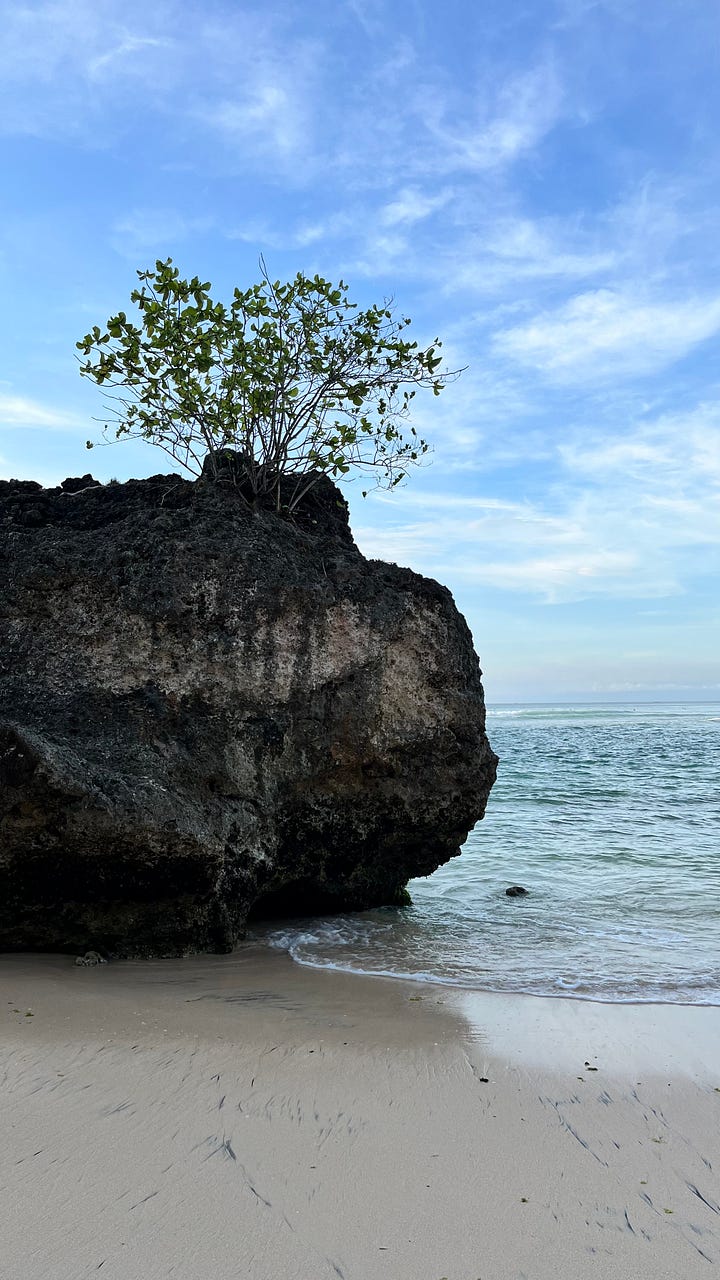
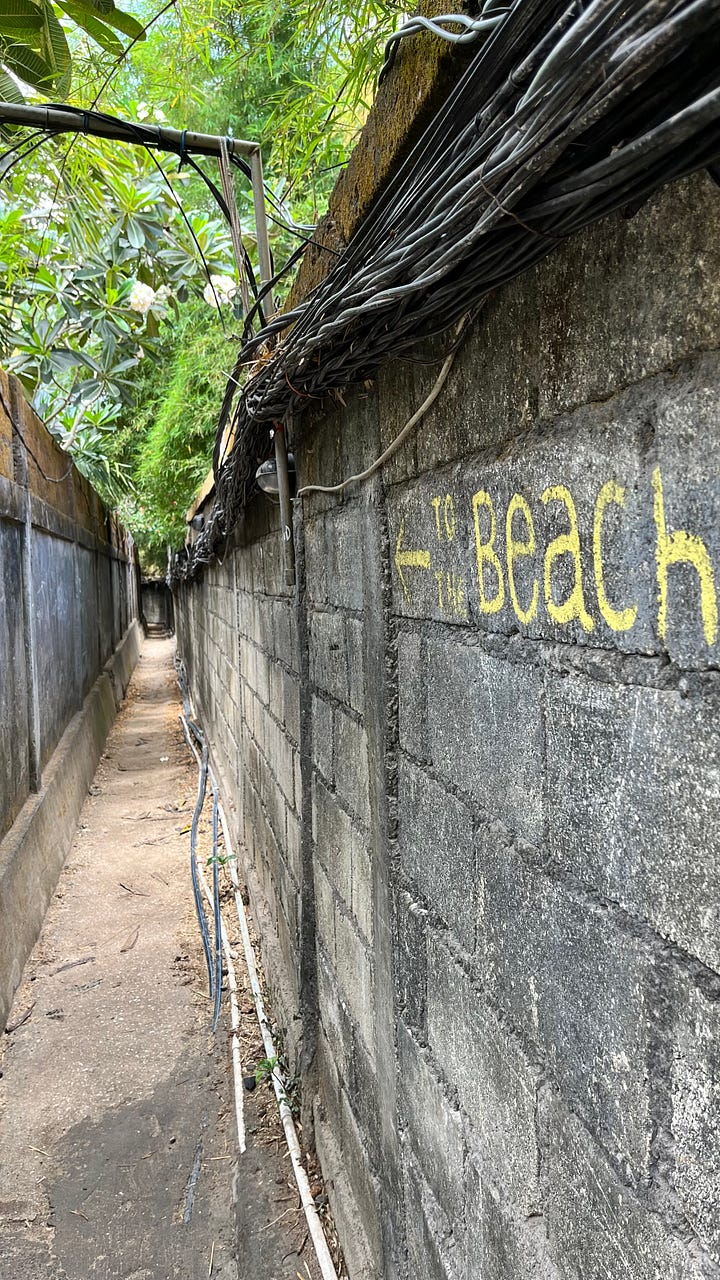
Leaning Toward the Positive
I don’t write to impress you with my travels, although I enjoy it immensely when the world, awesome as it can be, moves you like it moves me. I aim to render my experiences honestly and as nuanced as possible in the limited word space I’ve allotted myself. I always try to include a bit of real life, the drawbacks or local issues that trouble me. But I’m aware that my reports lean toward the positive.
As a privileged person who’s able to travel wherever she wants, I feel as though every complaint is a white whine. I’m in a tropical paradise, so why moan about bugs? Also: I’m an optimist at heart. No matter how disappointing a place turns out to be, I will focus on the redeeming aspects—it’s how I look at life. We cannot always change our circumstances, but we can change how we feel about them and how we respond.
Never the Full Picture
What worries me, however, is that I’m never able to give you the full picture. And I believe no travel writer can.
Some blogs feel downright deceptive. They’re written for us to click on affiliate links, which makes the recommendations appear unreliable. (Which is NOT to say that all affiliate links are wrong or deceitful; just be aware.) Other blogs seem to copy and paste unverified or misleading texts from one another or use AI generated work. Just because we see it repeated everywhere that Bali’s rice paddies are harvested in October doesn’t mean we cannot see gorgeous green unharvested paddies in Sidemen in late November. In other words: We cannot trust what we read unless we know and trust the source. (This is common sense.)
Even articles in serious fact-checking magazines that mean to inform us rarely point out the negative sides of a destination. Readers generally seek recommendations not warnings or deterrents, so editors tend to pay for positive content. Although not intentionally, the articles may lie by omission.
Travel writers are limited in what they can cover. When writing about Bangkok’s restaurant scene, they probably won’t get into the subject of child prostitution. When covering an epic trip in the mountains of Northern Vietnam, they might not mention how Hmong women are trafficked into China as wives. And when posting about the incredible snorkeling in Amed, I don’t disclose the downsides of sleeping on the beach, the noise of geckos, roosters, fishermen, and other morning birds.
No travel article gives you the entire truth. So how do we know what’s a trap and what’s a treasure?
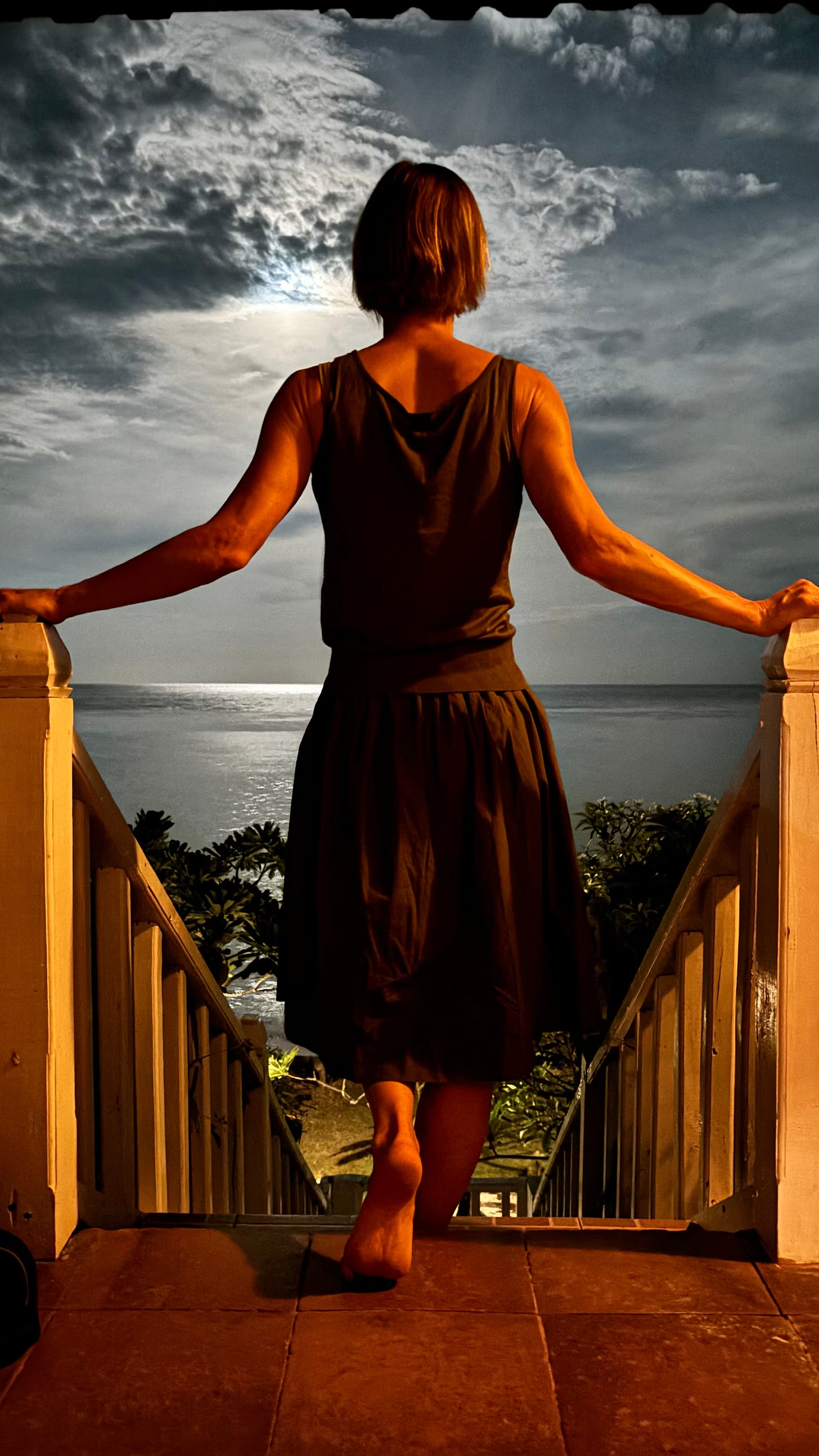
1001 Types of Travelers
There are a 1001 types of travelers. They vary in wealth, travel experience, age, expectations, priorities, and more. There are no places in the world I would recommend to everyone—except for, maybe, Kyoto, as long as you don’t go in the summer—and very few places I haven’t liked at all. What’s a trap to you might be treasure to me and vice versa.
An example: If you’re used to luxury hotels serving Western food, you will likely be disappointed by staying in my favorite bamboo cabin on the beach, where my self-catered lunch consists of fried tempeh crackers, garlic peanuts, and jackfruit.
If I were a travel consultant, someone who would give personalized travel advice to people who pay me for my services—sounds like a dream job!—I would likely present my clients with a long questionnaire.
Where are you from and where have you been? What’s your daily budget? How long will your voyage be? Who’s traveling with you? How’s your health? Do you prefer to drive yourself by car or scooter or hire drivers or rely on public transport or walk? What’s your bug tolerance? Your noice tolerance? Your temperature tolerance? Do small lizards in your room freak you out? What about barking stray dogs? Are you interested in meeting locals who are not necessarily there to serve you? Do you prefer exploring by yourself and wonder about everything or go accompanied by a local guide? How experienced are you in keeping yourself safe? What travel scams do you know how to avoid? What’s your favorite activity and how active do you like to be? How important is the sustainability level of your accommodation? Can you sleep in a room without air-conditioning or private bathroom? How self-sufficient are you or want to be? Do you prefer to prepare your own breakfast or have most meals brought to you on a tray? What’s more important, seeing the most popular sights or seeing beautiful sights without big crowds? What comforts will you sacrifice to experience something extraordinary? Are you interested in meeting like-minded people or do you seek quiet and solitude? How willing are you to get out of your comfort zone and get over your fears? What will you not do without? What do you need to feel safe?
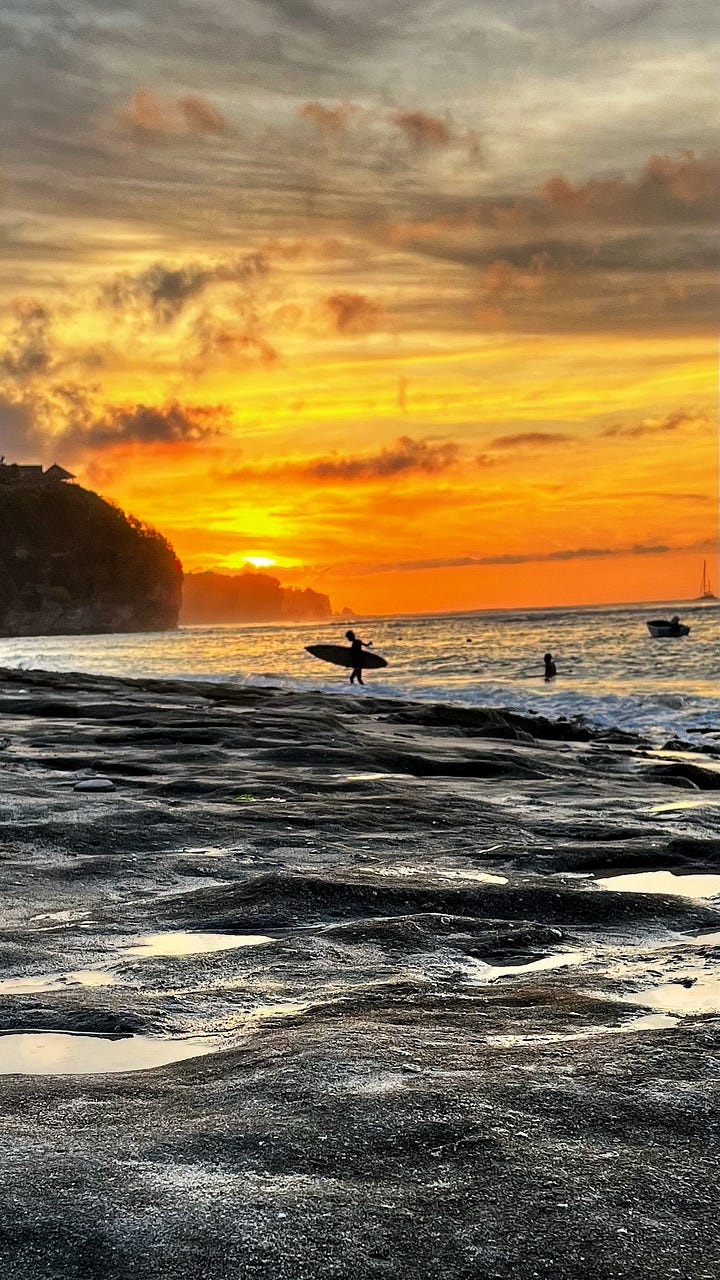
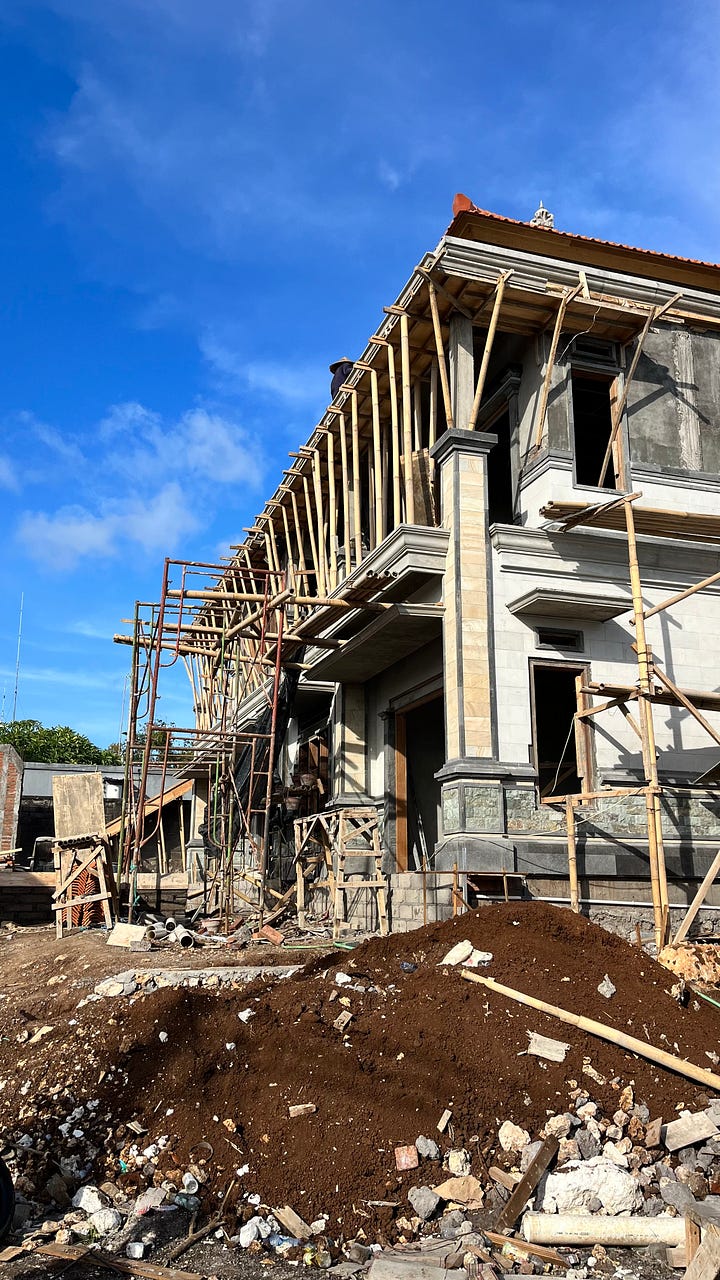
Know Thyself
We can never be fully prepared for the world we will meet on our journey, and that’s a good thing. We want to explore, be surprised, and learn along the way. Daniel, always snappier than I am, sums it up like this: You only know when you go.
But one thing we can do in advance is interrogate ourselves, reflect on our wishes, needs, and priorities.
Once we know ourselves better, we can search out fellow travelers who are like us, who look at the world and travel through it like we want to. We may need to browse dozens of blogs, newsletters, and articles to find the right people. People we can trust and who write about their personal impressions instead of making generic lists. People whose experiences might match our expectations.
Three of my favorites in this realm: Emily Lush, Erin&Simon from Never Ending Voyage, and Travel Fish (aka Stuart McDonald).
Update 2025: I now also read a lot of
and Along Dusty Roads.Still, the sort of knowledge we need to strategically choose our next travel destination cannot solely be given to us by fellow travelers. We can’t find it in recommendations, no matter how well-matched or reliable these recommendations are. The knowledge must come from our own experiences, our previous pleasures and disappointments, our emotional responses to unfamiliar environments.
What do we seek by venturing out into the world? What do we long to experience and possibly bring home? What moments have stayed with us from our last trip? What circumstances threatened our peace of mind?
My advice is to choose your next destination not from a list of Exciting New Places to Visit , but based on the answers you give to some of the questions I pose in this letter.
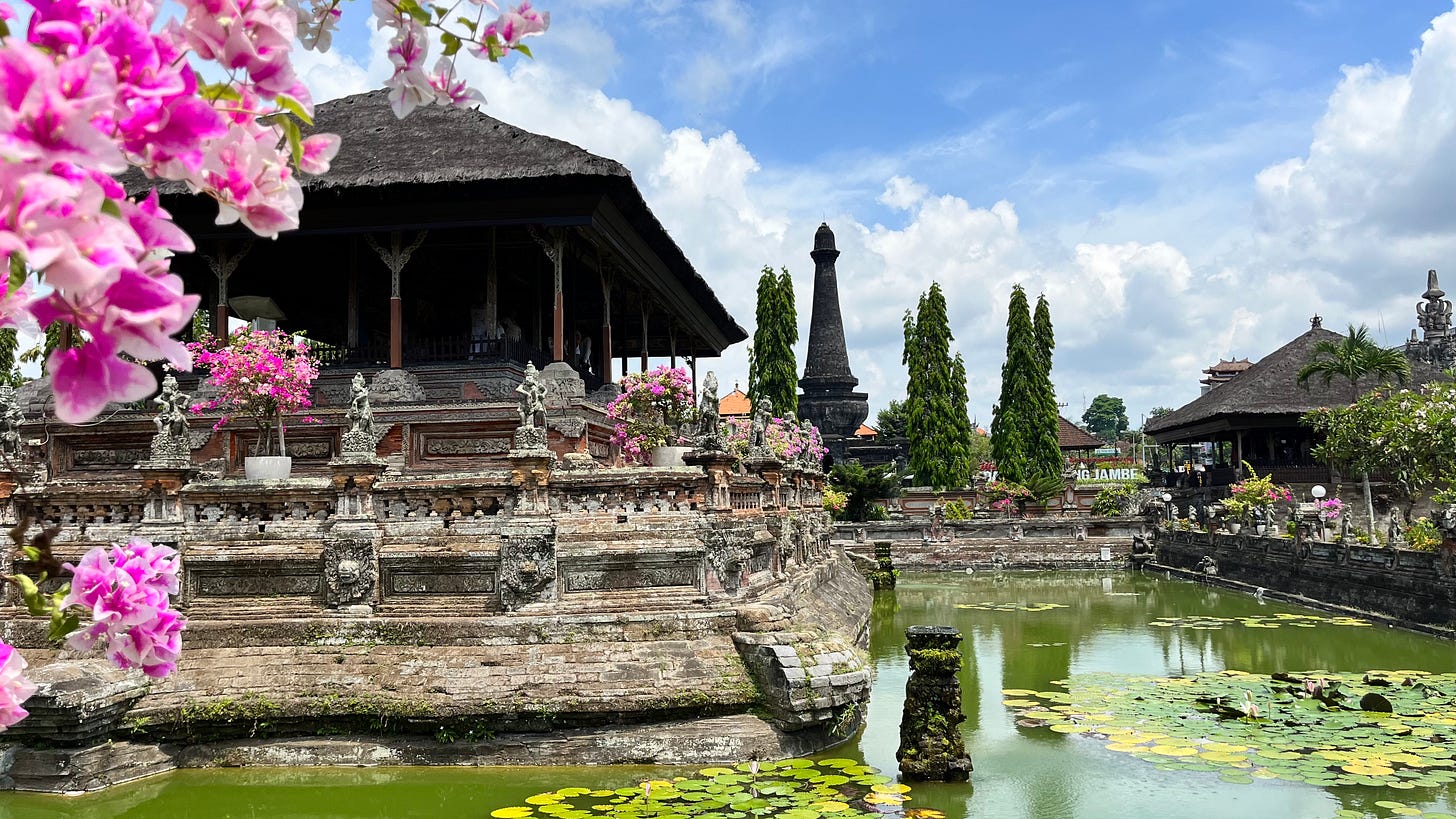
Author News
Words that might interest you were sent into the world these past two weeks.
The Smart Set published my essay From Paris to Nowhere: How losing my home and downsizing my belongings turned me into a nomad — a case for owning less
We both liked keeping a distance between what had shaped us and who we had become. I wrote more freely when I was the stranger, the observer. By not fitting in, I felt at ease.
Travel Writer Rolf Potts, whose book “The Vagabond’s Way: 366 Meditations on Wanderlust, Discovery and the Art of Travel” I recommend, published a short interview with me on his website.
On how I got started as a writer, what my biggest challenges are on the road, my favorite travel authors, and some craft advice.
Write from curiosity about subjects that truly interest you. Write toward an audience by imagining what might be of interest to others. Make these two paths meet on the page.
Last but not least, CRAFT published “Beyond Binary Thinking: Writing Cruelty Without Inflicting Harm,” my review essay on Jolene McIlwain’s excellent short story collection “Sidle Creek.”
Violence inundates us on the news, the streets, our screens—how should we attend to it in literature? How can authors illuminate humanity’s darker sides without leaving readers psychologically disturbed?
Time to Say Goodbye
Daniel and I will be making our way to Ubud today, the town where the love part of “Eat, Pray, Love,” took place. I’m looking forward to rice paddy walks, temple ceremonies, and more fascinating Balinese culture: food, dance, music—bring it on!
All my best,
Claire
P.S. If you found this letter helpful in any way, please share it or log into Substack (online or in your app) to like the post.





If I find a person interesting I will take their advice. If they’re not interesting I smile politely and don’t do what they recommend.